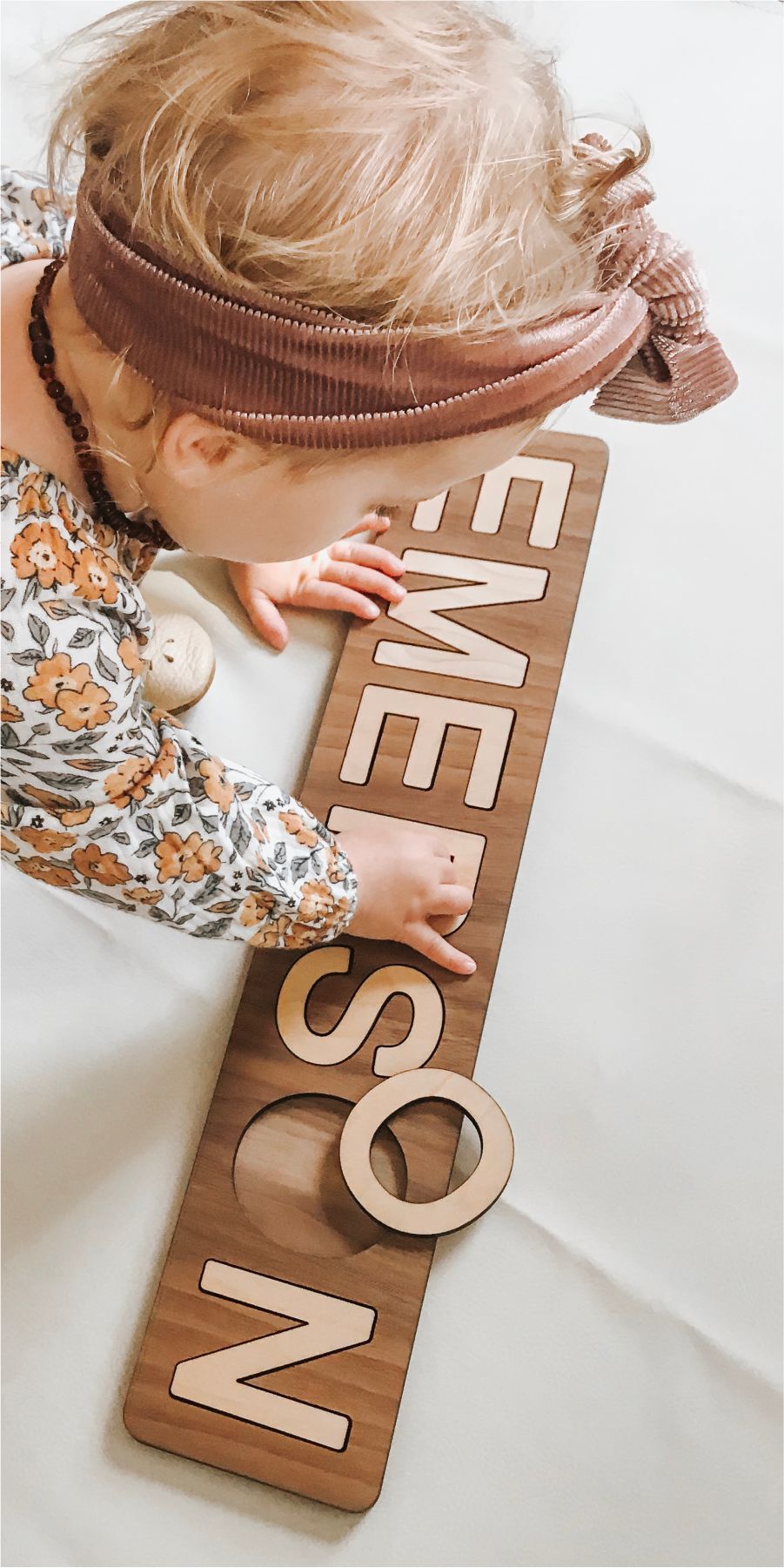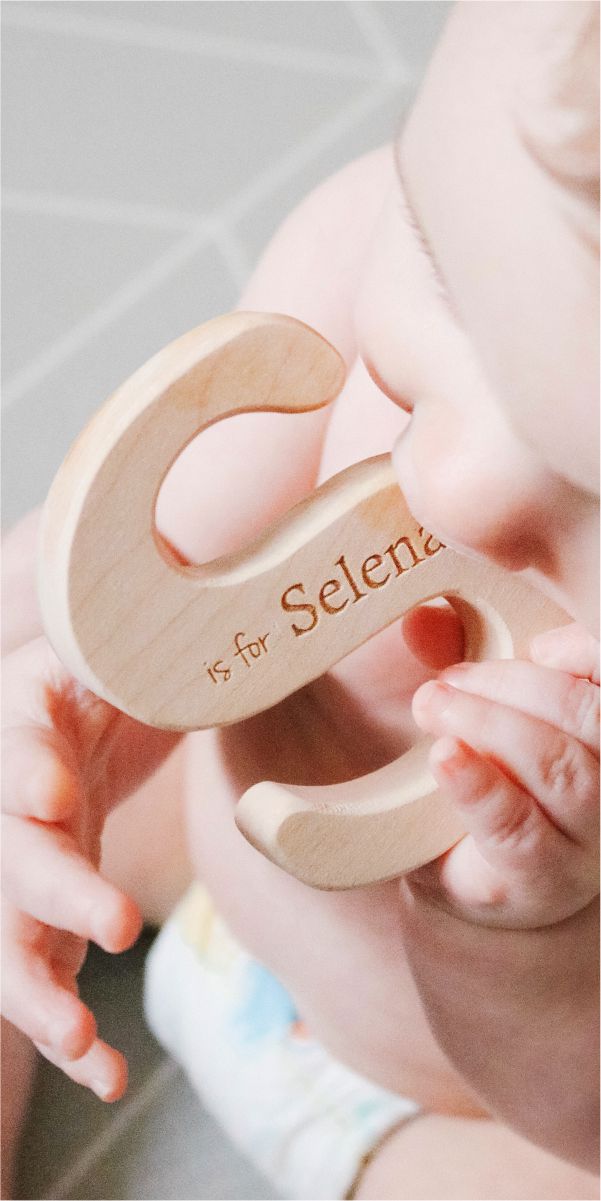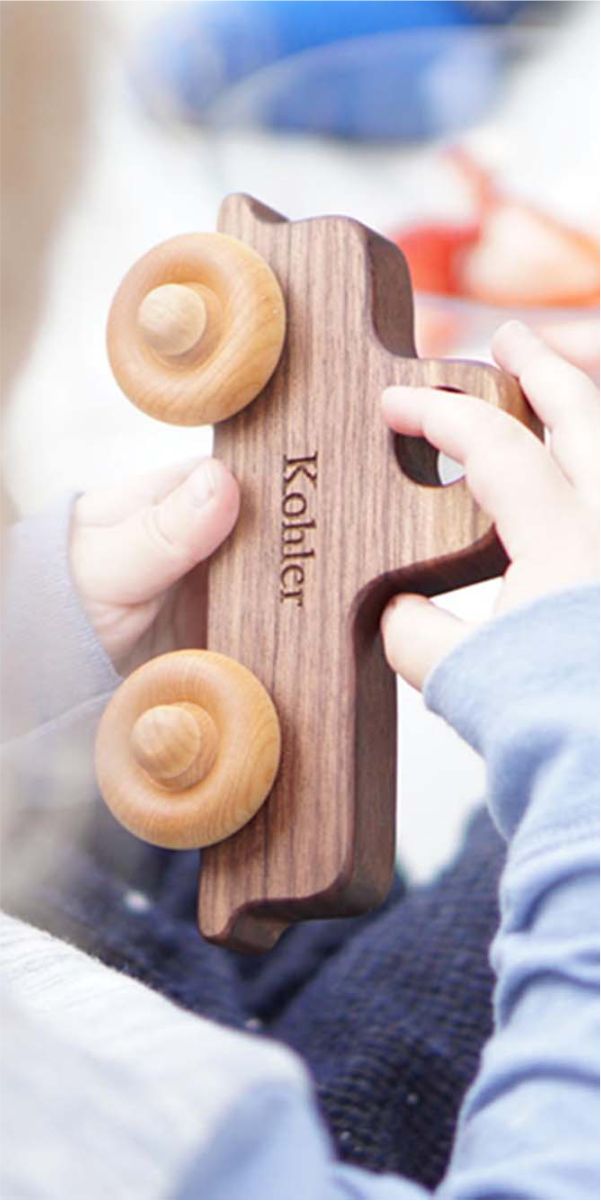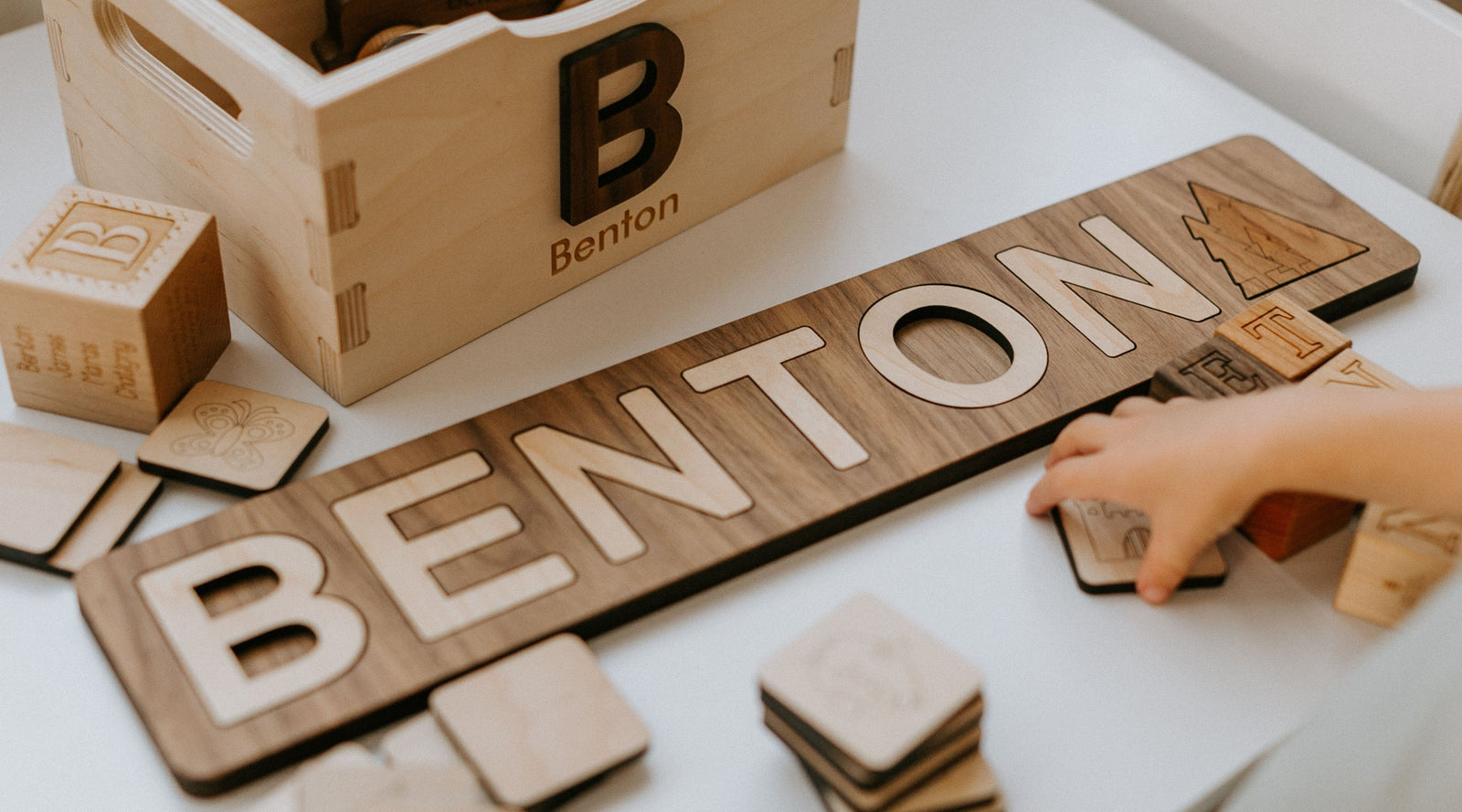In the world of educational toys, wooden toys have long been celebrated for their durability, simplicity, and natural appeal. However, a common misconception is that all wooden toys are Montessori toys.
While Montessori toys often utilize wood due to its sensory and aesthetic qualities, not every wooden toy qualifies as Montessori. Let's delve into what distinguishes Montessori toys, the benefits they offer, and how to spot them amidst a sea of playthings.
Not All Wooden Toys Are Montessori
Wooden toys have a timeless charm and, like our very own, are often associated with quality and sustainability. They come in a variety of forms—blocks, puzzles, vehicles, and more. However, the material alone does not determine whether a toy is Montessori. The core of Montessori education lies in the philosophy and principles developed by Dr. Maria Montessori, which emphasize self-directed activity, hands-on learning, and collaborative play.
What Makes a Toy Montessori?
Purposeful Design: Montessori toys are designed with a specific educational purpose. Each toy typically focuses on one skill or concept, such as fine motor skills, spatial awareness, or color recognition.
Simplicity and Reality: These toys are often simple and based on real-life objects. They avoid flashy, overstimulating elements and instead provide clear, tangible experiences.
Self-Correcting Features: Many Montessori toys are self-correcting, meaning they allow children to see and fix their mistakes independently. This feature fosters problem-solving skills and self-confidence. They are designed to be engaging and challenging enough to sustain a child's interest without constant adult intervention.
Natural Materials: Like we mentioned, while not an absolute requirement, many Montessori toys are made from natural materials like wood, metal, and fabric. These materials are durable, safe, and provide a sensory-rich experience.
The Benefits of Montessori Toys
Promote Independence: Montessori toys are designed to help children learn to do things on their own, boosting their confidence and self-reliance.
Enhance Concentration: These toys encourage children to focus on a task, enhancing their ability to concentrate and complete activities.
Develop Fine Motor Skills: Many Montessori toys are geared towards developing fine motor skills through precise movements, such as threading beads or fitting puzzle pieces.
Encourage Problem-Solving: With self-correcting features, Montessori toys help children develop critical thinking and problem-solving skills.
Foster a Love of Learning: By allowing children to explore and learn at their own pace, Montessori toys help foster a lifelong love of learning!
Montessori Wooden Toys
While wooden toys and Montessori toys often overlap, they are not synonymous. Understanding the principles that guide Montessori toy design can help parents and educators choose toys that truly align with the Montessori method, offering children the best opportunities for growth, learning, and development.
If you're looking for ways to incorporate specifically a name puzzle into play-based learning, check out this blog post by guest writer Jessica Walters. She has great tips for sensory play!










